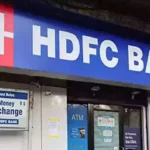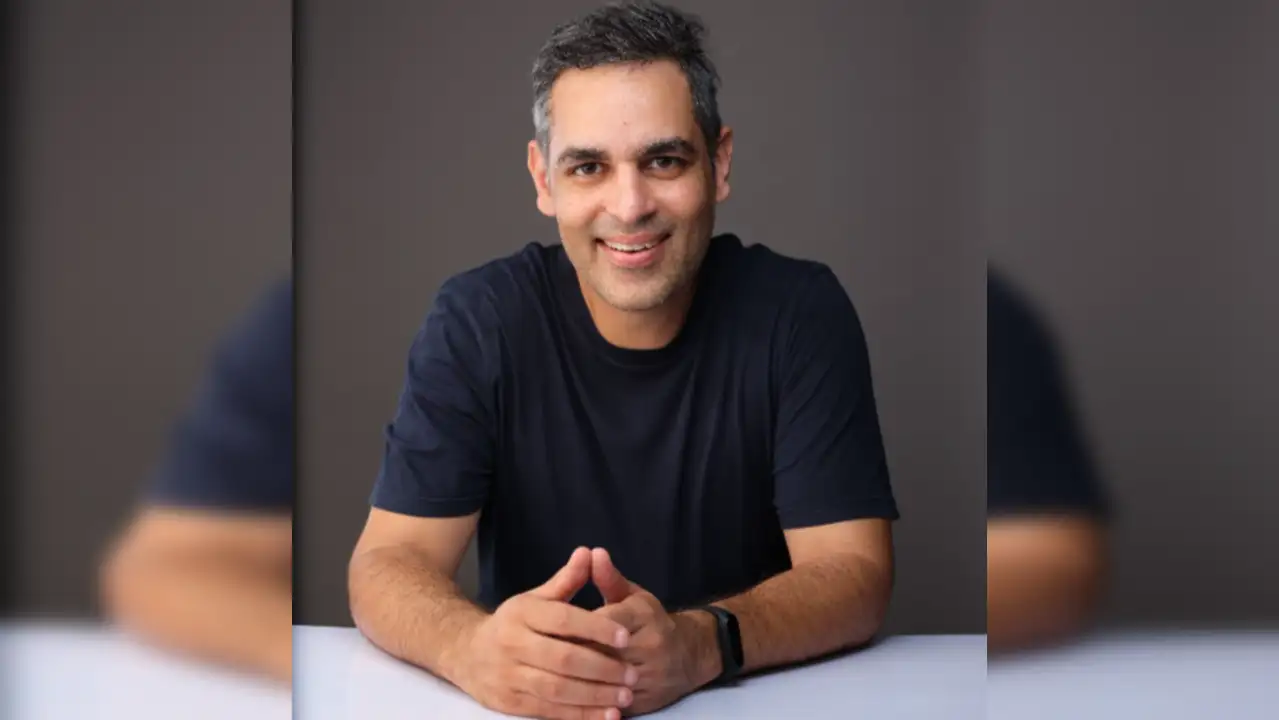Due to claims of cash found at his home, Justice Yashwant Varma was sent from the Delhi High Court to the Allahabad High Court. The action was suggested by the Supreme Court, which said it had nothing to do with the current inquiry into the cash recovery.
On Friday, March 28, the Central government announced that Justice Yashwant Varma, a judge in the Delhi High Court, will be moving to the Allahabad High Court. The order was issued in the midst of reports that massive amounts of cash were found at his official New Delhi apartment.
It has been ordered that Justice Yashwant Varma take over and lead his father Allahabad High Court.
When Justice Yashwant Varma takes over as a high court judge, the Chief Justice of the Allahabad High Court has been urged to refrain from giving him any judicial work for the time being.
His transfer to the Allahabad High Court had already been approved by the Supreme Court. The top court said in its notification that the proposal to transfer Justice Yashwant Varma was distinct from the internal probe that was started against him following the discovery of cash at his home on the eve of Holi.
Around 11.35 p.m. on March 14, Yashwant Varma’s Lutyens’ Delhi home caught fire, which led to the purported cash discovery.
“The Supreme Court Collegium, in its meetings held on March 20 and 24, 2025, has recommended the repatriation of Justice Yashwant Varma, Judge, High Court of Delhi, to the High Court of Judicature at Allahabad,” the Supreme Court said in a resolution on Monday.
How did Yashwant Varma react
Justice Varma responded to Chief Justice DK Upadhyay of the Delhi High Court by “unequivocally” refuting the accusations made against him. The idea that this “cash was kept or stored by us is totally preposterous,” he added, adding that neither he nor his family ever put cash in the storeroom.
“I categorically declare that neither I nor any of my family members ever put any money in that storage, and I vehemently object to the idea that the said money belonged to us. It is completely absurd to say that we maintained or stored this money,” Justice Varma stated.
“The idea that one would keep money in an outhouse or an open, publicly accessible, and frequently used storeroom close to the staff quarters borders on the unbelievable and unbelievable,” Justice Varma stated.












